Disclosure: This article contains affiliate links. We may earn a commission from purchases at no extra cost to you, which helps our travel content.
There's something profoundly transformative about connecting two seemingly disparate worlds through the simple act of walking. My journey from the bustling textile hub of Faisalabad, Pakistan to the jaw-dropping cliff edge of Preikestolen, Norway wasn't just a physical traverse across continents—it was a pilgrimage through contrasting cultures, landscapes, and ultimately, states of being. This two-week expedition challenged my body, expanded my spirit, and reaffirmed my belief that luxury travel isn't just about thread counts and champagne—it's about curating experiences that leave you forever changed.
Beginning in Faisalabad: Cultural Immersion Before the Climb
Faisalabad doesn't make many luxury travel lists, which is precisely why it deserved three days of my itinerary. Pakistan's textile capital pulses with an authenticity that no amount of five-star accommodation can manufacture. I stayed at the surprisingly elegant Pearl Continental, using it as my base to explore the city's vibrant fabric markets.
The Clock Tower and surrounding eight bazaars became my morning ritual—a sensory symphony of colored textiles, spices, and the persistent hum of commerce that has defined this city for generations. Before my departure, I commissioned a custom hiking shirt from a local tailor, made from the region's famous cotton. This piece became my talisman for the journey ahead.
On my final evening, I attended a private Sufi music performance arranged through my hotel concierge. As the hypnotic rhythms filled the air, I found myself entering that transcendent state that draws me to pilgrimage routes worldwide. The musicians used traditional instruments, including a hauntingly beautiful Pakistani bansuri flute that inspired me to purchase one as a souvenir the following morning.
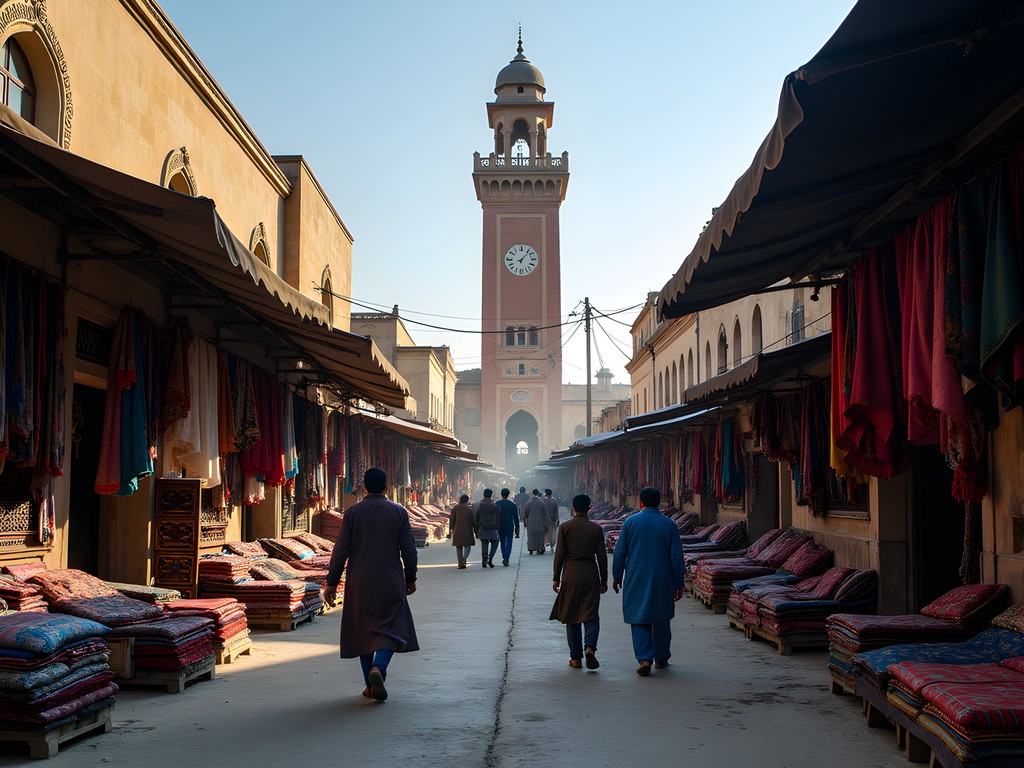
💡 Pro Tips
- Book accommodation with concierge services who can arrange authentic cultural experiences not found in guidebooks
- Visit the Clock Tower bazaars early morning (7-9am) when temperatures are cooler and merchants are setting up
- Have clothing measurements ready if you want custom garments—Pakistani tailors work quickly but precision matters
The Transitional Journey: From Pakistan to Norway
The logistical dance between these two destinations demands careful choreography. From Faisalabad, I flew first to Islamabad, then connected through Dubai and finally Oslo. While many travelers see transit days as necessary evils, I've learned to embrace them as decompression chambers between worlds.
During my 5-hour layover in Dubai, I splurged on the Emirates Business Class Lounge, where a proper shower and change of clothes transformed my mental state. I've found that maintaining certain comforts during transition points preserves energy for the adventures ahead. My compression packing cubes kept my hiking gear separate from my city attire, allowing me to efficiently reorganize between environments.
Arriving in Oslo, I spent two nights at The Thief hotel on the waterfront, giving myself time to acclimate to the dramatic shift in culture, climate, and daylight hours. Summer in Norway means nearly endless daylight—a stark contrast to Pakistan's regimented day/night rhythm. I used this time to calibrate my hiking watch, which would become essential for tracking my ascents in the days ahead.
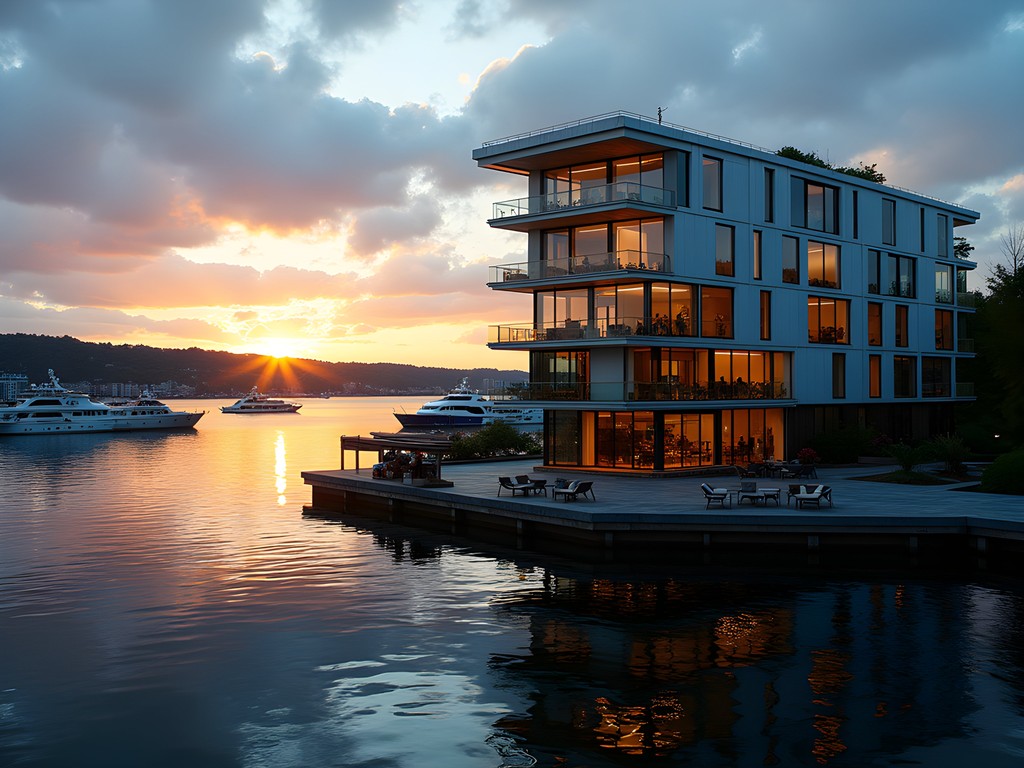
💡 Pro Tips
- Book flights with longer layovers (4+ hours) in premium airports where lounge access can provide recovery time
- Consider spending 48 hours acclimatizing when traveling between dramatically different climates
- Use a solar-powered watch or device in Norway's summer to take advantage of extended daylight hours
The Stavanger Approach: Preparing for Preikestolen
From Oslo, I took the scenic train to Stavanger—a journey worth extending to absorb Norway's dramatic landscapes. The Bergen Railway followed by the local connection offers views that justify the premium ticket price. In Stavanger, I established my base at the Thon Hotel Stavanger, ideally positioned near both the charming old town and the ferry terminals needed for my Preikestolen expedition.
Stavanger deserves more than just staging ground status. Its whitewashed wooden houses in the old town (Gamle Stavanger) create a maritime storybook setting. I spent a day wandering these streets, eventually finding myself at the Norwegian Petroleum Museum—a surprisingly fascinating chronicle of how oil transformed this nation's economy and, by extension, enabled its exceptional conservation efforts.
The evening before my hike, I dined at RE-NAA, Stavanger's two-Michelin-star restaurant. While seemingly indulgent before a strenuous hike, I've learned that a precisely crafted meal creates both physical and mental preparation for challenging journeys. Chef Sven Erik Renaa's locally-sourced tasting menu connected me to the regional terroir I would be traversing the following day. I particularly appreciated using my travel chopsticks for certain courses—a personal tradition that connects my global dining experiences.
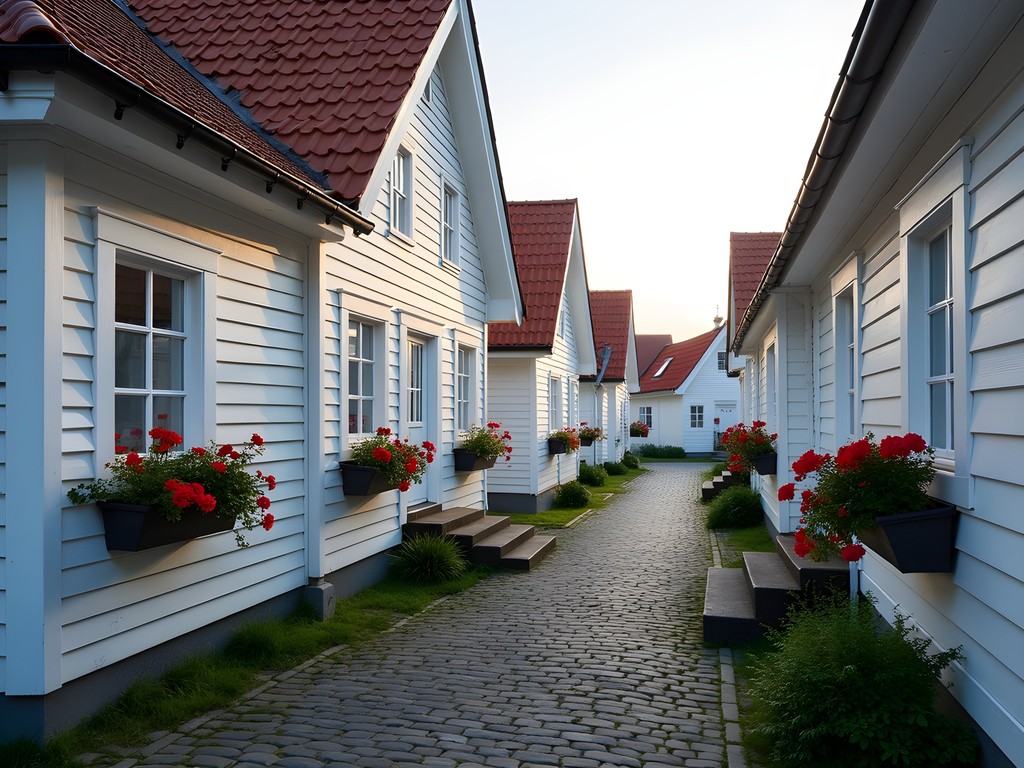
💡 Pro Tips
- Reserve RE-NAA at least two months in advance and request the chef's counter for the full experience
- Purchase the Lysefjord Pass which includes ferry transport and contribution to trail maintenance
- Visit the Norwegian Petroleum Museum to understand the fascinating economic context behind Norway's pristine nature preservation
Conquering Preikestolen: The Pilgrimage Culminates
The journey to Preikestolen begins with a ferry ride through Lysefjord—a fitting prelude as the massive cliff face gradually reveals itself from below. Rather than rushing straight to the trail, I booked the first ferry to appreciate the fjord in morning light. The merino wool base layer I wore proved essential as the temperature fluctuated dramatically between the sheltered fjord and exposed hiking segments.
The trail itself is a masterclass in Norwegian efficiency—challenging yet accessible, with strategically placed stone steps on the steepest sections. While many hikers rush to the summit, I maintained the measured pace of a pilgrim, stopping at natural plateaus to absorb the increasingly dramatic vistas. The final approach reveals Preikestolen (Pulpit Rock) almost suddenly—a perfectly flat rock platform extending over the abyss.
Arriving at the summit creates an interesting social dynamic. Dozens of hikers cluster for photos at the edge, creating a curious contrast between spiritual solitude and Instagram performance. I found my moment of transcendence by waiting until early evening when the crowds thinned. Sitting cross-legged near (but not at) the edge, I unpacked my portable tea set and prepared matcha using water I'd collected from a mountain stream. The ritual created a moment of stillness that connected the spiritual threads from Faisalabad's Sufi rhythms to this Nordic precipice.
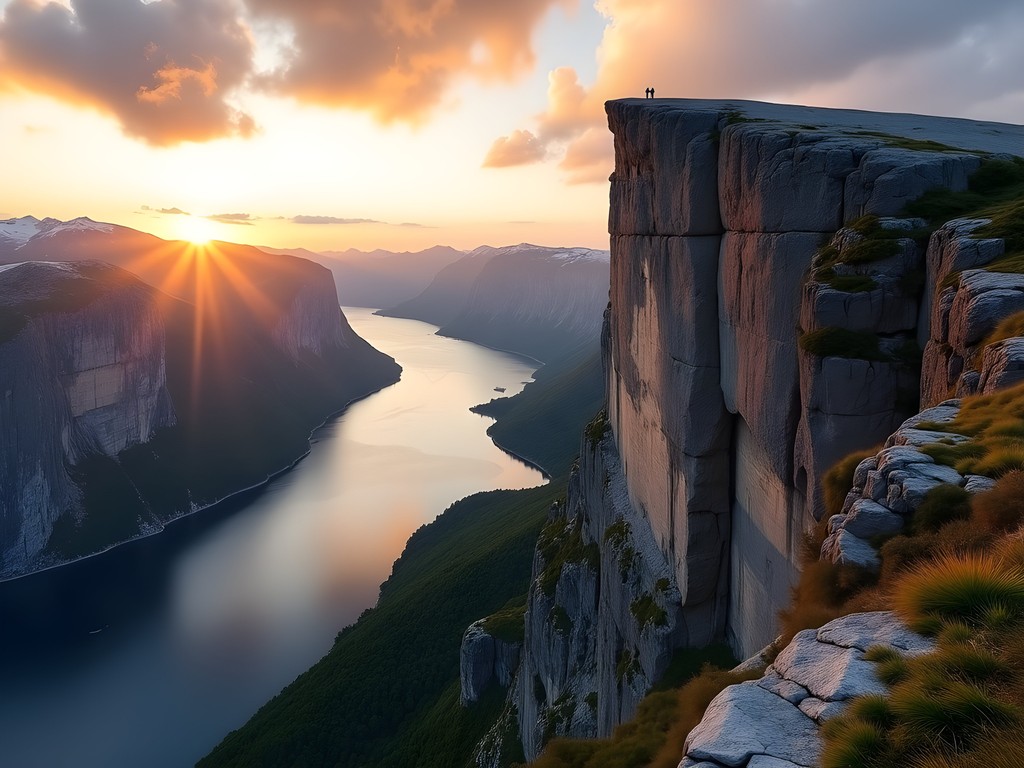
💡 Pro Tips
- Start the hike early (before 8am) or late (after 3pm) to avoid the midday crowds
- Pack microspikes even in summer as certain sections can remain icy in shaded areas
- The hike takes 4-5 hours round trip, but budget 6-7 hours to include contemplative stops and summit time
The Luxury of Reflection: Post-Hike Recovery
The physical demands of Preikestolen deserve a proportional recovery. I concluded my journey at Flor & Fjære, a remarkable island garden and restaurant accessible only by boat from Stavanger. This hidden gem represents Norwegian luxury at its finest—understated, connected to nature, yet offering impeccable service and cuisine.
Soaking my trail-worn feet in the warm waters of their Japanese-inspired garden, I reflected on the journey's contrasts: from Pakistan's sensory intensity to Norway's expansive silence; from bustling markets to solitary cliffs; from Islamic calls to prayer to the cathedral-like fjords. These juxtapositions create the internal shifts that make pilgrimage travel so potent.
That evening, my muscles pleasantly fatigued, I treated myself to a recovery session using the portable massage gun I never travel without. As I worked through the knots in my hiking-taxed calves, I reviewed my journal entries from both ends of this journey, marveling at how two weeks could contain such profound diversity of experience. The waterproof journal had withstood both Faisalabad's humidity and Norway's mist, preserving thoughts that would have otherwise dissolved into memory.
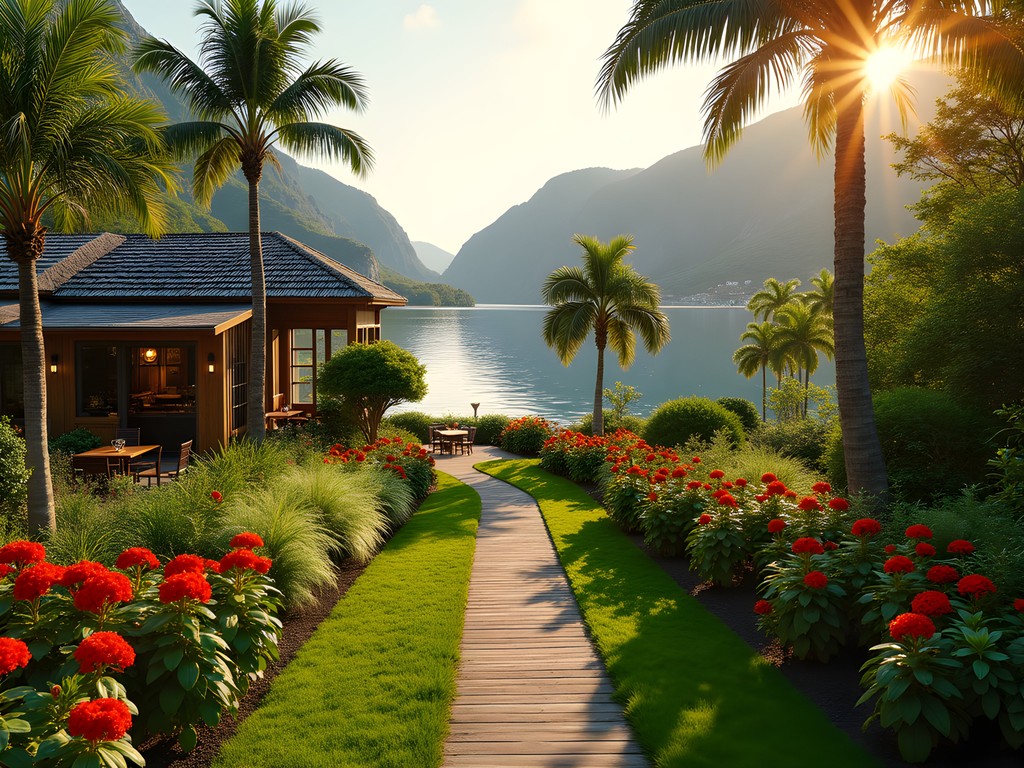
💡 Pro Tips
- Book Flor & Fjære well in advance (3+ months in summer) and select the garden tour plus dinner package
- Pack recovery tools like massage balls or a compact massage device for multi-day hiking expeditions
- Schedule at least one full day of recovery after completing the Preikestolen hike before traveling onward
Final Thoughts
The journey from Faisalabad to Preikestolen represents the kind of pilgrimage that continues to transform me—connecting seemingly disparate worlds through the simple act of movement. Pakistan offered cultural immersion that engaged all senses, while Norway delivered the spaciousness needed to process those experiences. The physical challenge of Preikestolen's ascent served as the perfect metaphor for the journey's purpose: gaining perspective.
For the solo traveler seeking both cultural depth and natural majesty, this two-week itinerary delivers exponential returns on investment. The luxury comes not from opulence (though there's room for that too), but from the rarity of the experience—few travelers connect these particular dots.
As I flew home to Chicago, I carried with me both the custom cotton shirt from Faisalabad and the silent vastness of Preikestolen's view. These souvenirs, one tangible and one ethereal, continue to remind me that the most meaningful pilgrimages aren't about reaching sacred destinations—they're about connecting sacred moments across the map of our lives. If you're seeking a journey that will challenge your preconceptions and expand your spiritual horizons, consider drawing your own line between unlikely points on the map. The path between them might just change everything.
✨ Key Takeaways
- Contrasting cultural experiences create more profound personal transformation than visiting similar destinations
- Building recovery time into adventure itineraries enhances both physical enjoyment and spiritual reflection
- Luxury in travel can mean exceptional experiences rather than just exceptional accommodations
📋 Practical Information
Best Time to Visit
June through August
Budget Estimate
$6,000-$8,000 for 2 weeks (excluding international flights)
Recommended Duration
Minimum 12 days, ideally 14-16 days
Difficulty Level
Advanced - Requires Good Fitness And Hiking Experience

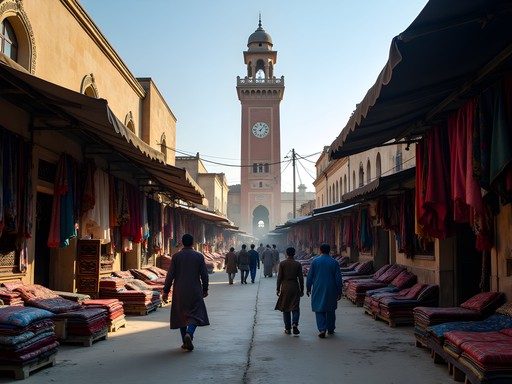
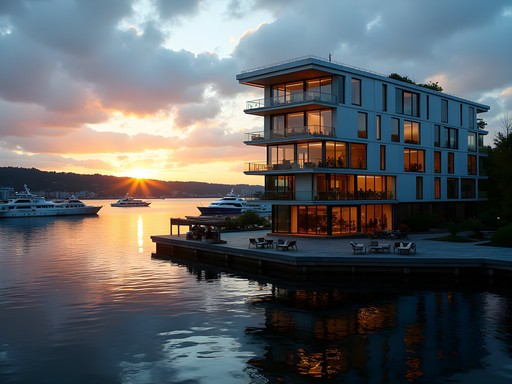
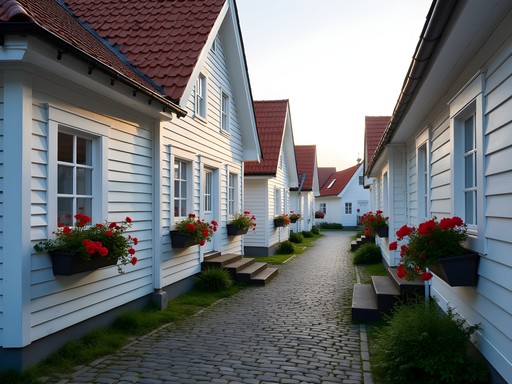
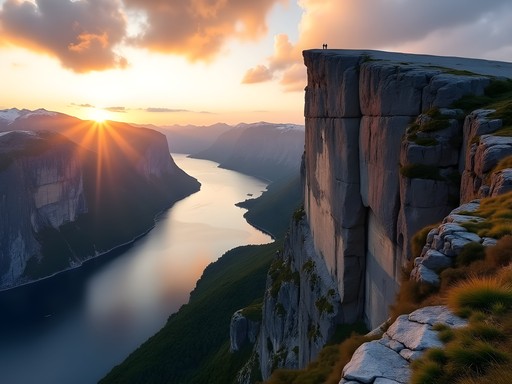
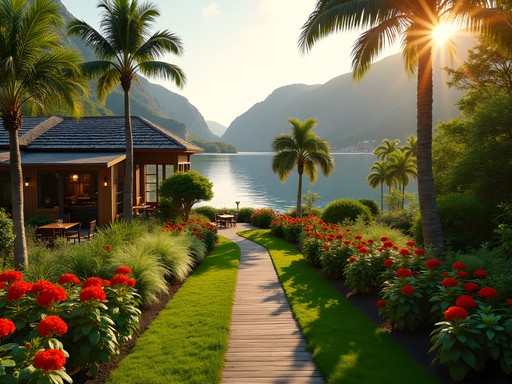


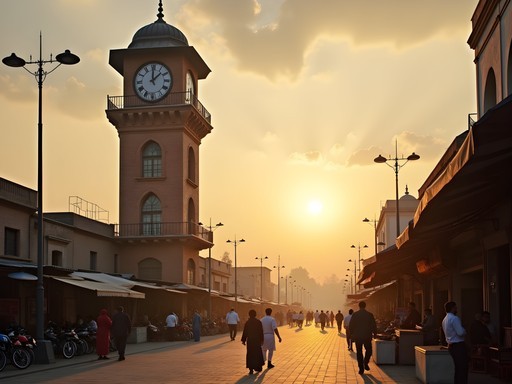
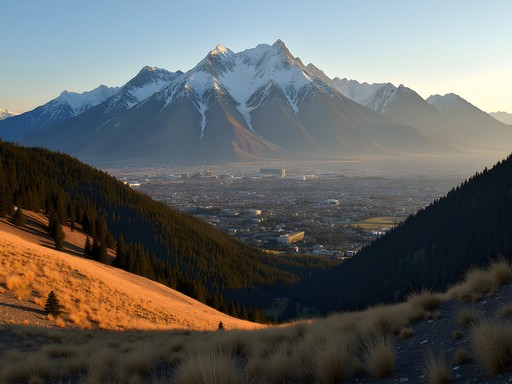
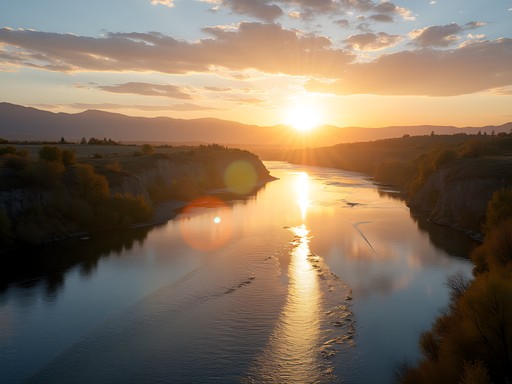
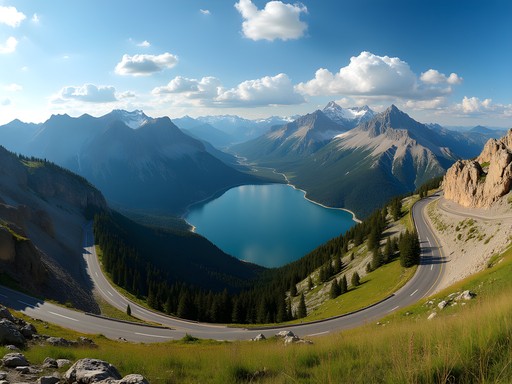
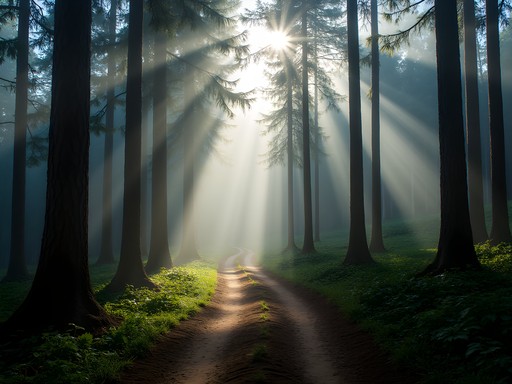
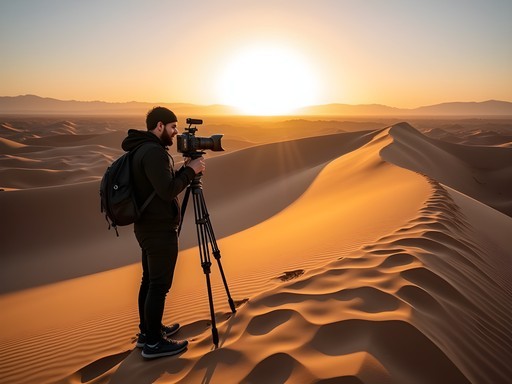
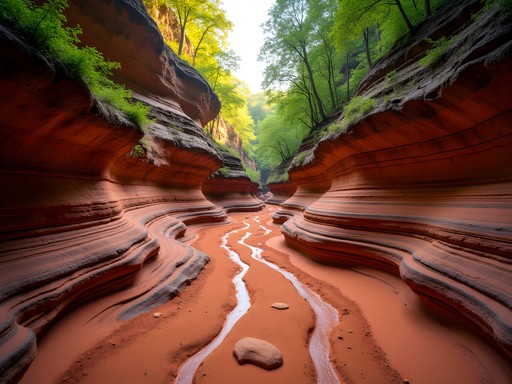
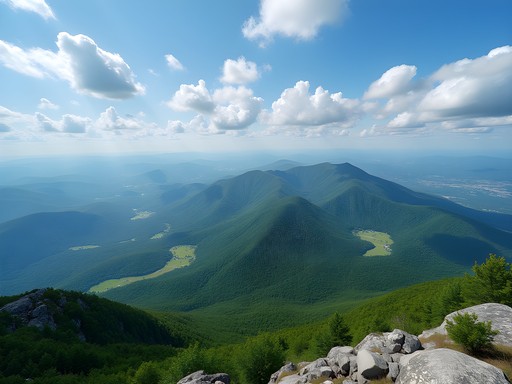
Comments
Sage Dixon
This resonates so much with me. I did a similar journey connecting Marrakech to the Scottish Highlands last year, and there's something magical about these cultural juxtapositions. The way you describe the textile markets in Faisalabad reminds me of the souks - that sensory overload before the stark, quiet beauty of northern landscapes. Did you find the contrast jarring or did it feel like a natural progression? Also, curious if you stayed in Stavanger or went straight to the trailhead from the airport?
vacationexplorer
Marrakech to Scotland sounds incredible too! How long did that take you?
tripqueen2858
The photos are stunning! Adding this to my bucket list
vacationexplorer
What was the visa situation like going from Pakistan to Norway? And did you fly directly or stop somewhere in between?
Megan Martin
Alex, this is such a thoughtful piece. I love how you've woven the cultural immersion in Faisalabad into what could have just been another Preikestolen hiking post. The textile markets and hospitality context really adds depth. How long did you spend in Faisalabad before heading to Norway? I'm always curious about the pacing of these cross-continental journeys and how you manage the cultural adjustment.
tripone
Yeah the cultural part is what makes this interesting!
rednomad
How difficult is the Preikestolen hike actually? I'm not super experienced but this looks amazing
Sage Dixon
It's moderate! About 2 hours up, well-marked trail. If you can handle stairs and some steep sections you'll be fine. Just take your time and bring water.
rednomad
Thanks! That's encouraging
tripone
This is such a unique combo! Never thought about Pakistan to Norway hiking.
coolmaster
Did you use any special gear for the Preikestolen hike? I'm planning to go next summer and trying to figure out what to pack. The weather seems unpredictable there.
coolstar
When I hiked there last year, I found my hiking boots essential. The terrain can get slippery, especially after rain. Definitely bring layers too!
islandzone
I did a similar journey last year, though I started in Lahore rather than Faisalabad. The cultural whiplash was real! Something I found fascinating was how both cultures have such strong traditions around hospitality, just expressed differently. In Pakistan, it was all about shared meals and conversation, while in Norway it was more about respecting personal space while still being helpful. Did you find the same? Also, the food contrast was mind-blowing - going from spicy Pakistani dishes to Norwegian salmon and brown cheese was quite the culinary adventure!
roamstar
Great post! How did you handle the transportation logistics between Faisalabad and Stavanger? Was it complicated to plan? I'm curious about the transition between such different countries.
coolmaster
I'm wondering the same! Also, what kind of visa arrangements did you need to make for both countries?
Taylor Moreau
Alex, this is precisely the type of cross-cultural narrative that resonates with seasoned travelers. I particularly appreciated your insights on the textile heritage in Faisalabad before transitioning to the Scandinavian wilderness. The juxtaposition creates a compelling narrative arc. When I visited Preikestolen in 2023, I found the approach from Stavanger equally enlightening, though I didn't have the benefit of your Pakistani cultural context. Did you encounter any unexpected similarities between the hospitality cultures in both regions?
islandzone
Taylor, I've been to Pakistan but not Norway. Did you notice if the hiking infrastructure in Norway is accessible to beginners? Thinking of doing something similar next year.
Taylor Moreau
Absolutely, islandzone. The Norwegian trail system is remarkably well-maintained and clearly marked. Preikestolen specifically is challenging but doable for most fitness levels with proper preparation. Just ensure you have appropriate footwear and weather protection.
Venture X
Premium card with 2X miles, $300 travel credit, Priority Pass